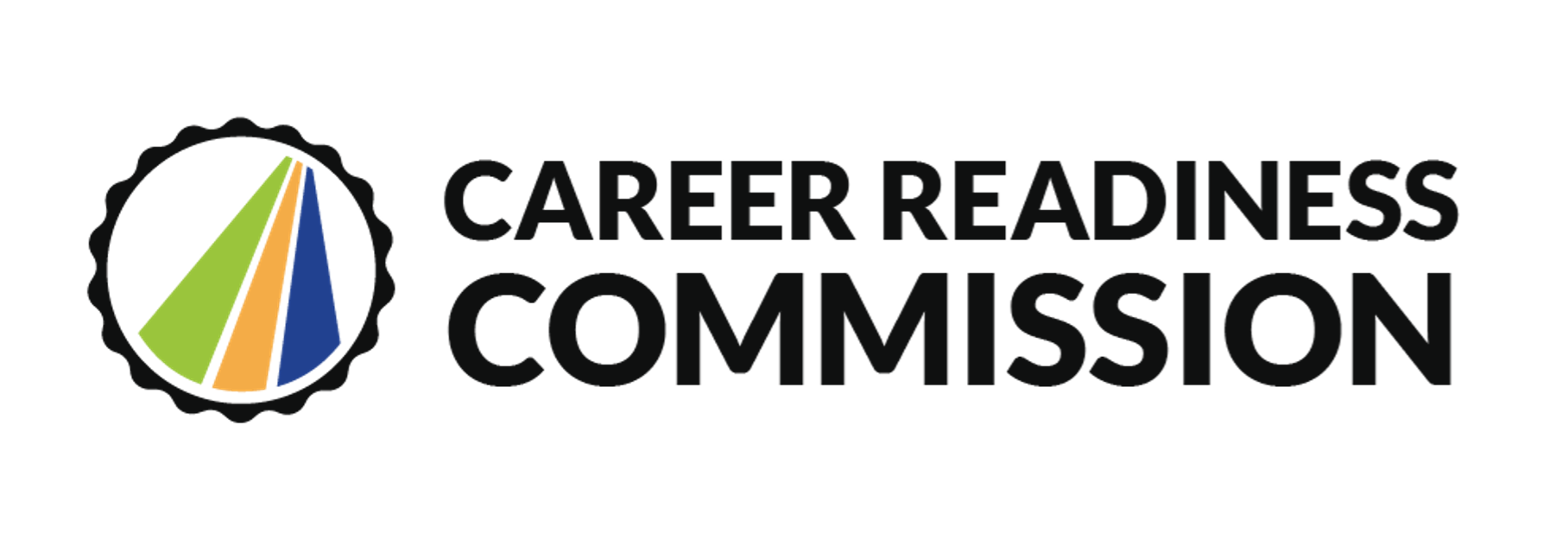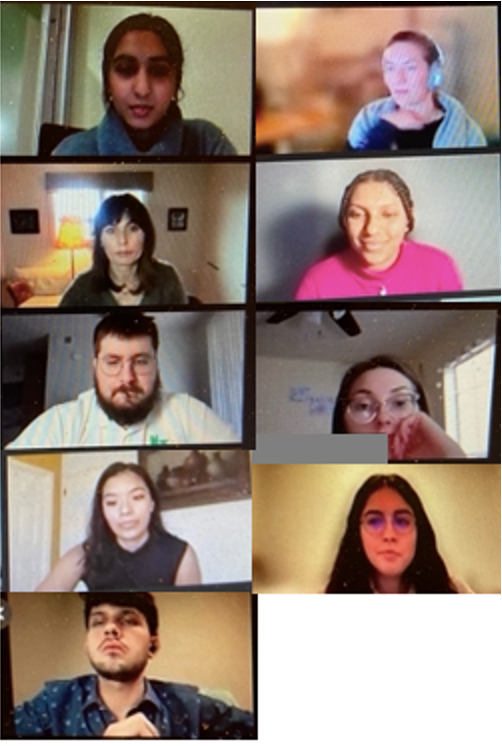An account is required to join the Society, renew annual memberships online, register for the Annual Meeting, and access the journals Practicing Anthropology and Human Organization
- Hello Guest!|Log In | Register
Career Readiness Commission

The anthropology-wide Career Readiness Commission is going gangbusters! This initiative brings together a broad coalition of anthropologists from across the discipline to collaborate on improving career readiness for anthropology students. SfAA has been highly supportive of this initiative and has participated actively in its work. Elizabeth Briody and Riall Nolan are leading this effort with well over 200 supporters.
Class Research Project for a Client
 The Career Readiness Commission served as the client for Susan Squires’ Design Anthropology course at The University of North Texas (UNT). Nine graduate students completed a research project for the Commission under Squires’ direction. They included Giselle Elizondo, Gabriela Gutierrez, Elsa Irby, Michael MacNevin, Natalie Muyres, Amna Saleemi, Marieke Smits, Joseph Webster, and Mikaela Williams.
The Career Readiness Commission served as the client for Susan Squires’ Design Anthropology course at The University of North Texas (UNT). Nine graduate students completed a research project for the Commission under Squires’ direction. They included Giselle Elizondo, Gabriela Gutierrez, Elsa Irby, Michael MacNevin, Natalie Muyres, Amna Saleemi, Marieke Smits, Joseph Webster, and Mikaela Williams.
Class participants gathered narratives about the successes and challenges faced when introducing practice into U.S. anthropology programs. They framed their research question this way:
How have anthropology departments and programs changed or adapted to successfully incorporate applied/practice into curriculum and culture? Their interviews were conducted via Zoom with 14 department representatives; all 14 departments have an applied focus.
Collectively the graduate students analyzed the data to identify both lessons for success and barriers and tensions related to change. Next, they developed a set of recommendations for the Commission’s use. Finally, they delivered a polished PPT presentation to the Commission on December 7, 2021.
All aspects of this class project were done virtually since the course was offered through UNT’s online Master of Arts/Master of Science program.
Outcomes
Four key areas of focus emerged from the analysis: (1) Establishing and Sustaining an Applied Focus, (2) Student Learning, (3) Engagement with Community, Government, and Business, and (4) Collaboration across University Departments/Programs. Each focal area was linked with lessons, barriers, and recommendations.
We looked across these areas of focus and identified some key themes associated with successful applied programs.
-
Ensuring faculty commitment to application and practice. Applied programs thrive when there is a critical mass of instructors who integrate application and practice into the curriculum. A best-case scenario is when all courses incorporate this orientation. Applied programs with strong Chairs committed to application and practice are the most successful. Moreover, faculty with application and practice experience can help departments transition to a focus on the entire continuum from theory to practice.
-
Offering students experience on client-based projects, substantial methods training and skill development. Students appreciate courses that offer hands-on experience and skill development. They learn the value of developing their professional networks and conducting research for a client. Such forms of learning not only give them confidence, but also enable them to engage successfully in the job market to secure employment.
-
Networking with alumni. Building connections with the program’s alumni helps students learn about the kinds of work anthropologists do, get advice, and find internships and jobs. It also benefits alums by keeping them in touch with current students.
Next, we reviewed the barriers that applied programs typically face.
-
University reward systems are not conducive to application and practice but rather publications in top journals
-
Significant faculty workload accompanies applied courses, with little support funding available
-
Faculty resistance to application and practice is often linked with lack of awareness or intimidation
-
PhD students align with faculty resistance believing that academic positions are plentiful
Finally, we focused on the recommendations to anthropology programs.
-
Establish applied and practice expectations for all faculty to become knowledgeable in scholarship, issue-based fieldwork, and employment
-
Incorporate application and practice into coursework (e.g., via readings, skills-based fieldwork projects, class research projects)
-
Offer multiple courses in methods, building on connections with other university departments
-
Market anthropology both within and beyond the university to attract enrollment, teach students to articulate the value of an anthropological education, and be recognized for helping to address community and organizational issues
-
Develop or expand client connections to sponsor class projects and serve as a pipeline for student internships and employment
-
Track and involve program alumni in training current students, tapping into their experience, networks, internship opportunities, and advice
Please email elizabeth.briody@gmail.com or rwnolan@purdue.edu for more information.

Cart
Search